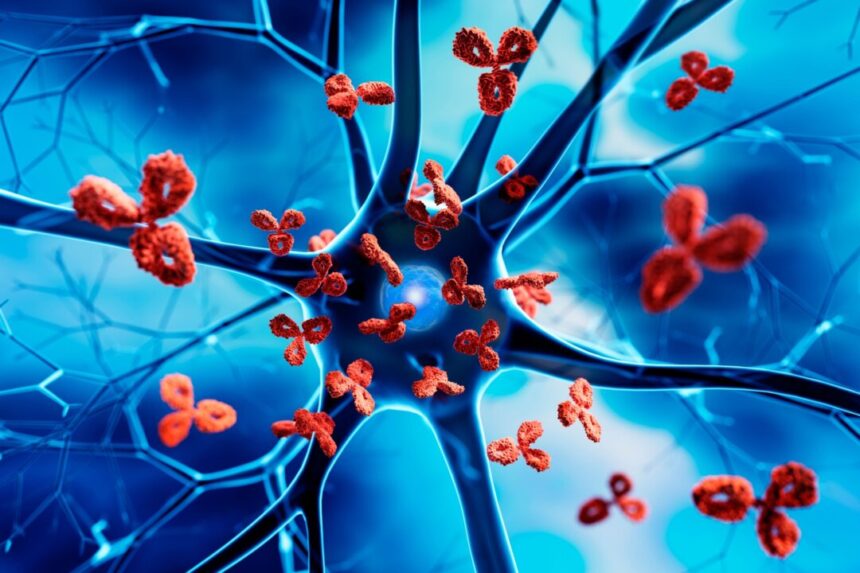
Antibody levels do not always indicate the severity of autoimmune conditions.
Although elevated antibodies are used to diagnose autoimmunity, their levels may not accurately reflect the extent of autoimmune symptoms.
If your antibody levels are high on a lab test but you are effectively managing your autoimmune condition and feeling well, you may be in remission.
On the other hand, if your antibody levels are low but you are experiencing severe autoimmune symptoms, this could indicate dysfunction in another part of your immune system.
It is important to establish your individual baseline antibody levels and monitor any fluctuations from there.
Understanding Autoimmune Antibodies
Autoimmunity occurs when the immune system mistakenly attacks the body’s own tissues. Antibodies produced by B cells play a key role in this process by targeting cells for destruction.
Elevated tissue antibodies serve as markers for autoimmunity. (It is normal to have antibodies within the lab’s reference range, as these are used to eliminate naturally dying cells.)
However, a comprehensive understanding of autoimmunity involves considering the interplay between B cells and T cells.
T cells identify and eliminate cells tagged by B cells. While B cells do not directly destroy cells, they mark them for elimination.
The Role of T Cells in Autoimmunity
T cells can be classified based on their functions:
- T helper cells coordinate the immune response and activate other immune cells like B cells.
- Cytotoxic T cells directly kill infected or abnormal cells.
- T regulatory cells help regulate the immune response to prevent excessive inflammation.
- TH17 cells promote inflammation in response to pathogens.
- When T cells target self-tissues, they cause tissue damage seen in autoimmune diseases such as Hashimoto’s, rheumatoid arthritis, and multiple sclerosis.
Evaluating T and B Cell Responses
If your antibody levels are elevated but you feel like you are in remission, or if your symptoms are severe despite low antibody levels, testing your T cells may be necessary. (It is important to note that in the early stages of autoimmunity, individuals may have elevated antibodies without symptoms.)
The Lymphocyte Panel
The lymphocyte panel measures the total and percentage of T cells, including T helper cells, regulatory cells, suppressor cells, cytotoxic T cells, B cells, and natural killer cells. Analyzing the composition and activities of these immune cells can enhance understanding of the immune response in autoimmune conditions.
Antibody Testing
Specialized autoimmunity labs like Cyrex Labs offer comprehensive antibody testing. Monitoring changes in antibodies over time from your baseline can offer valuable insights into the progression or remission of autoimmune responses.
Changes in Antibody Levels
It is important to remember that changes in antibody levels may not always correlate with disease severity, as antibodies themselves do not cause damage. Therefore, relying solely on antibody levels to assess disease activity may not provide a complete picture of the autoimmune process.
The Neurological Antibody Exception
Neurological antibodies can cause damage on their own, presenting a unique scenario.
Learn More
To further explore these mechanisms, consider these courses:
Geared Towards Patients:
For Practitioners:
(Continuing education credits available)





